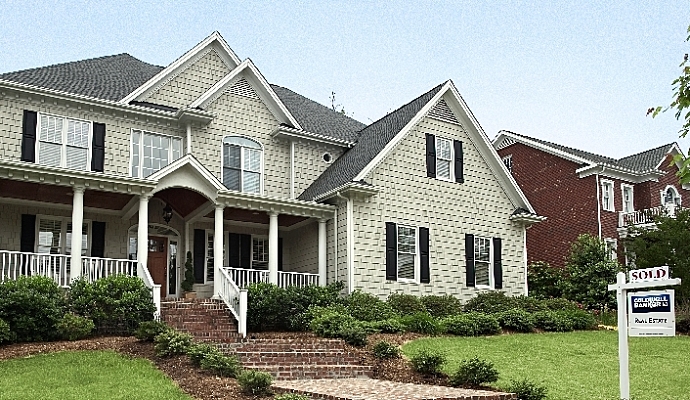What Can I Afford? How to Strategize Before You Buy
Your ideal home price depends on how much of a down payment you have saved and the monthly housing payment which best fits into your budget. Income is the key component in determining what you can afford to pay for a house.
What Can I Afford in a Future Home?
In today’s booming Philly real estate market, homes are available in every size and location, from starter townhouses to move-up colonials to luxury properties. Before the current low interest rates begin to shift higher, you may be considering locking in a larger mortgage and skipping ahead a few steps in your home buying process. Determining an appropriate purchase price is an important first step that will help to focus your home search.
Key Components of the “What Can I Afford?” Equation
Your ideal home price depends on how much of a down payment you have saved and the monthly housing payment which fits into your budget. Income is the primary input used to determine what you can afford to pay for a house. Remember, income includes all sources of cash inflow, including your base salary, tips, bonuses, overtime, commissions, or payments from a second job.
Front-end Analysis
The real estate industry uses the front-end ratio, which allocates 28% of your gross monthly income towards a housing payment. A monthly housing payment includes your mortgage, real estate taxes and home insurance. To calculate the front-end ratio, divide your income by twelve to determine a monthly amount. As an example, if all of your income sources total $100,000 annually, then your monthly gross income, before income taxes, would be $8,333 and your affordable housing payment would be 28% of that figure, or about $2,333.
Back-end Analysis
The front-end ratio, while a good starting point, does not take certain extenuating factors into account. A better determination of an affordable housing payment would be what is known as the back-end ratio. This calculation estimates your housing payment as 36% of your net income, (gross income minus taxes), less monthly debt, such as car payments, student loans and credit card bills. It’s a good idea to review the last few months of your checkbook to ensure you include all debt obligations, and then add a cushion for unexpected expenditures such as emergency repairs (and possibly a spontaneous trip to the Philadelphia Premium Outlets).
Note how the back-end ratio results vary: Several home buyers, all with same $100,000 in gross income used in the original example, will calculate the same front-end housing payment, but household expenses will change their back-end results. One individual may prefer living in the city of Philadelphia, where the wage tax is 3.9%, versus 1.0% in most suburbs. Another may have student loan obligations or a new car. These slight differences are incorporated into the back-end ratio, with varying results.
For illustrative purposes, include a $500 student loan payment, $500 car payment, $200 credit card payment, and another $200 for miscellaneous expenses in the back end ratio. Assuming 30% of gross income goes towards taxes, net income would be $3,666.10. Thirty-six percent of that amount comes to $1,596, significantly less than the front-end amount of $2,333.
Non-Financial Factors
How much risk do you feel comfortable assuming? Based on your earnings stability or your job security, you may not want to allocate 28% of your gross income towards a housing payment. The term of a mortgage loan is also a factor. To avoid locking yourself into thirty years of payments, you may trade a higher monthly cost now for a shorter payback period. Some home buyers limit vacations and new cars in order to buy a larger home in a desirable neighborhood. The purchase of a home is one of the most significant expenditures in your life, so take the time to make sure it is the all-around best decision for you.
[cf]skyword_tracking_tag[/cf]





1 Comment
Tips for Buying a Home in Philadelphia | Philadelphia | Coldwell Banker Blue Matter
November 8, 2013[…] fit into your household budget. Before house hunting, spend some time deciding what you can afford to pay for a house. Your real estate agent can point you towards online financial calculators to assist with housing […]